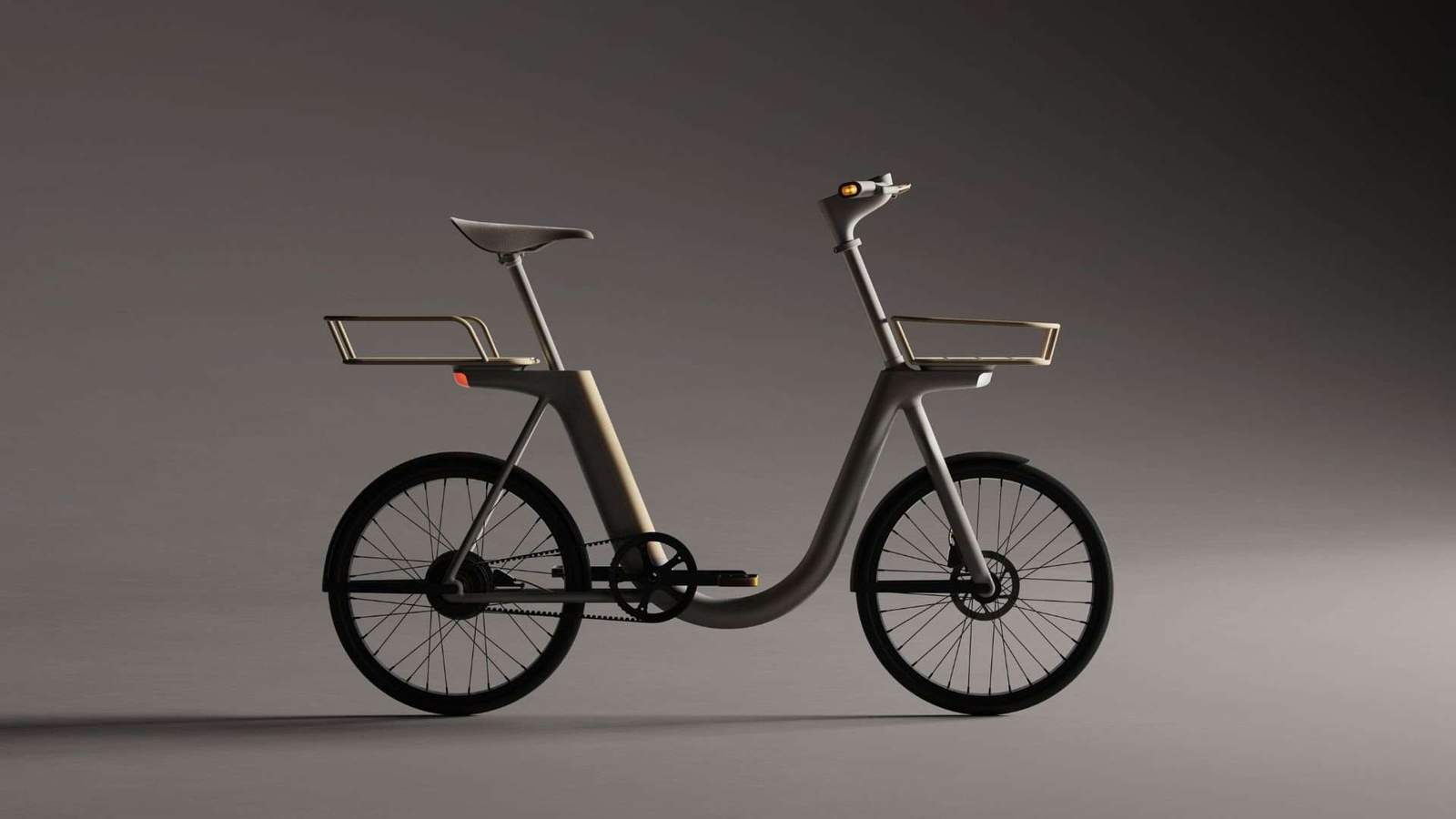Smart Homes: The Future of Living Spaces
Smart homes are revolutionizing the way we interact with our living spaces. By integrating technology into everyday household functions, smart homes enhance convenience, security, and energy efficiency. This article explores the evolution of smart homes, their benefits, and the future of living in technologically advanced environments.
The Evolution of Smart Homes
The concept of smart homes dates back to the 1970s when the first home automation systems were introduced. However, it wasn’t until the advent of the internet and smart devices that the idea gained significant traction. Today, smart homes encompass various technologies, including smart lighting, security systems, thermostats, and appliances, all connected through the Internet of Things (IoT).
Benefits of Smart Homes
- Convenience and Control: One of the primary advantages of smart homes is the convenience they offer. Homeowners can control various devices through smartphones or voice-activated assistants, allowing for seamless management of home functions. For instance, adjusting lighting or temperature can be done remotely, ensuring comfort upon arrival.
- Energy Efficiency: Smart homes contribute to energy efficiency by optimizing energy consumption. Smart thermostats can learn users’ habits and adjust heating or cooling accordingly, reducing energy waste. Similarly, smart lighting systems can be programmed to turn off when rooms are unoccupied, resulting in lower utility bills.
- Enhanced Security: Security is a major concern for homeowners, and smart home technology provides innovative solutions. Smart security cameras, doorbells, and alarm systems offer real-time monitoring and alerts, allowing homeowners to keep an eye on their property from anywhere. The ability to receive notifications and access live feeds enhances peace of mind.
The Future of Smart Homes
The future of smart homes is promising, with advancements in technology continuously shaping the landscape of residential living. Emerging trends such as artificial intelligence (AI) and machine learning are expected to play a significant role in enhancing smart home capabilities. For example, AI can analyze user behavior to create personalized living experiences, adjusting settings based on preferences and habits.
Furthermore, the integration of renewable energy sources, such as solar panels and energy storage systems, will contribute to the sustainability of smart homes. Homeowners will have the ability to monitor and manage their energy consumption, promoting eco-friendly living.
Conclusion
Smart homes represent the future of living spaces, combining technology with convenience and sustainability. As the demand for innovative solutions continues to rise, architects and designers must embrace the concept of smart living to create functional and efficient environments. By incorporating smart technologies, we can enhance our quality of life and create homes that are not only comfortable but also environmentally conscious.
Finally, find out more on ArchUp:







